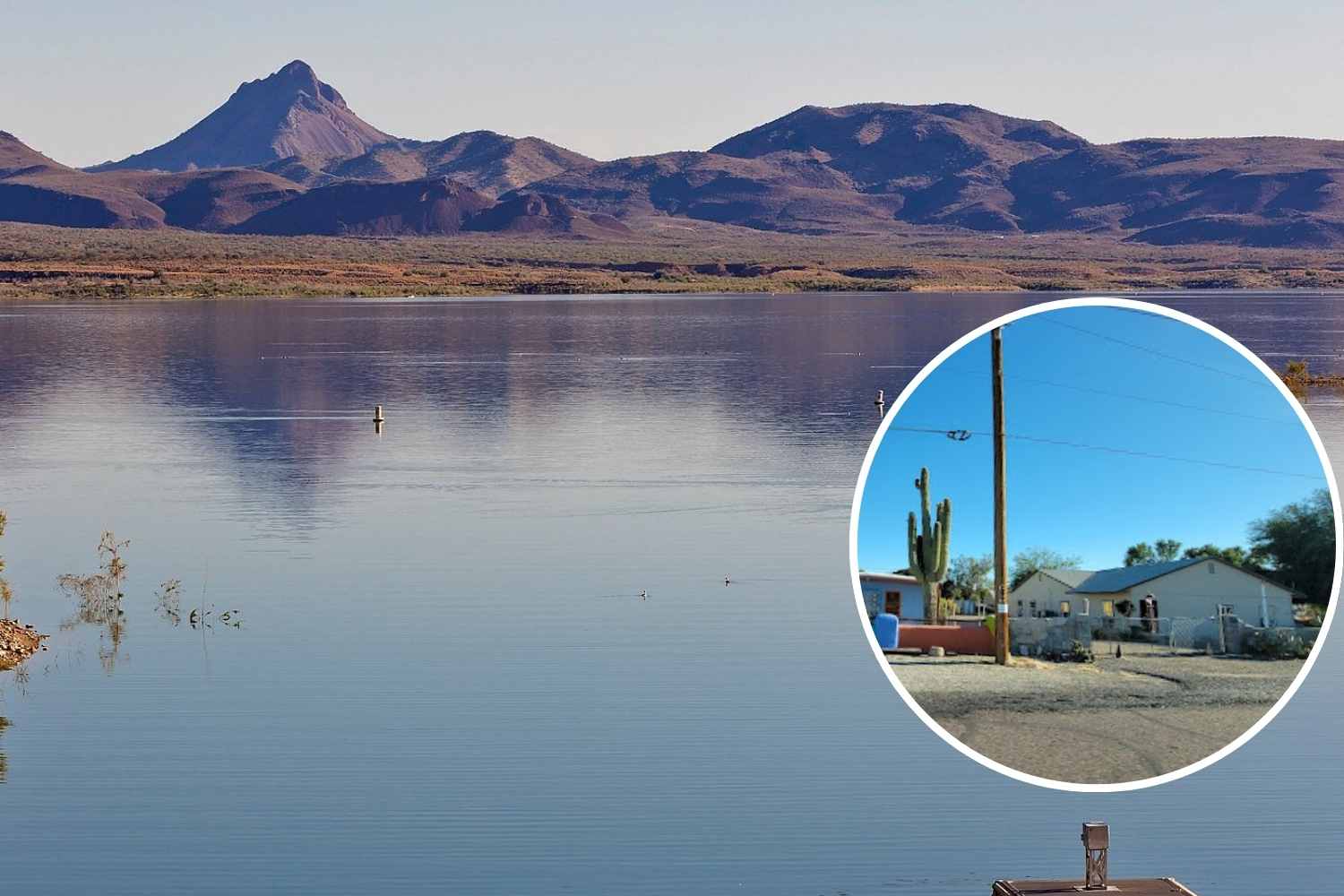Wenden, Arizona, is sinking as unchecked groundwater pumping fuels foreign-owned mega-farms. Residents fear for their future as politics stalls and the desert keeps collapsing.

@Canva
A town that is slowly, relentlessly collapsing. We’re not talking about a coastal metropolis threatened by rising seas, but about Wenden, Arizona—a tiny community where the ground has sunk more than 18 feet (5.5 meters) over the past eighty years. And it hasn’t stopped. The soil here is still dropping nearly 3 inches (7 cm) every year, driven by a single force: the fierce competition for water underground.
A collapsing underground
The story of Wenden is a microcosm of a much bigger struggle. On one side, a small desert town trying to secure its most vital resource. On the other, mega-farms drilling deeper and deeper to irrigate their endless fields. A recent study from Arizona State University (ASU) identified the main culprit: excessive groundwater pumping that is draining the aquifers beneath people’s feet.
“Just like air keeps a tire inflated, water keeps the ground inflated,” explained Jay Famiglietti, the ASU professor who led the study, in an interview with ABC 15. When the water disappears, the clay minerals below compact—“a bit like dishes in a sink”—and the surface collapses. Scientists call it land subsidence.
Arizona’s water, Saudi cattle
The situation feels even more surreal once you learn where much of this water is going. Around Wenden, thousands of acres are leased by Fondomonte, a subsidiary of Saudi Arabia’s largest dairy company, Almarai. The farms grow alfalfa, one of the thirstiest crops imaginable, which is then shipped overseas to feed Saudi cattle. In effect, the American desert is exporting its groundwater thousands of miles away.
The people of Wenden feel betrayed. “It’s a disaster waiting to happen,” said Gary Saiter, head of the Wenden Water Improvement District, to NBC News. “We’ve sunk more than 6 feet (1.8 meters) in the last 15 years. It’s not sustainable.” His words echo a community that sees its lifeline vanishing underground, while corporations with far deeper pockets keep drilling new wells and draining what remains.
A water wild west without rules
The story, as reported in the New York Post, has now entered the courtroom. Arizona’s attorney general, Kris Mayes, has filed a lawsuit against Fondomonte, accusing it of harming residents with its massive withdrawals. Her office estimates that the company consumes as much as 81% of all groundwater in the area. “The water is gone for them because the Saudis are sucking it out of the ground,” Mayes told NBC, though the company insists its water use is “reasonable.”
At the heart of the crisis lies a legal vacuum. According to the ASU study, nearly 80% of Arizona’s land has no groundwater regulations. That means farms aren’t required to disclose how much they pump, creating a “water Wild West” where whoever can drill deepest wins. Federal data show how fast the trend has grown: between 2010 and 2020, farmland owned by foreign companies in the U.S. doubled from 1.25 million acres to almost 3 million acres.
Attempts to regulate rural groundwater have repeatedly stalled in Arizona’s legislature. Despite proposals from Governor Katie Hobbs, political factions have failed to agree on limits. Meanwhile, the land in Wenden keeps sinking—along with the hopes of a community that may soon find itself literally beneath the desert floor.
